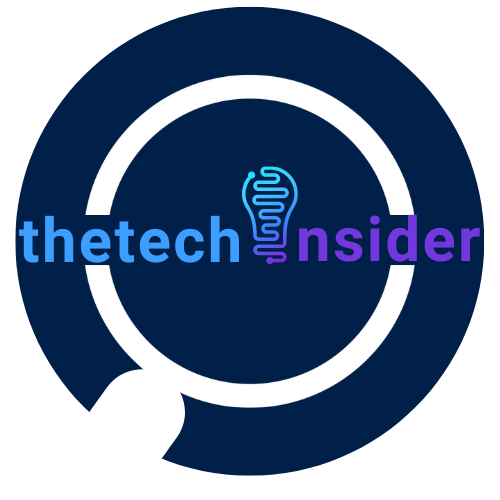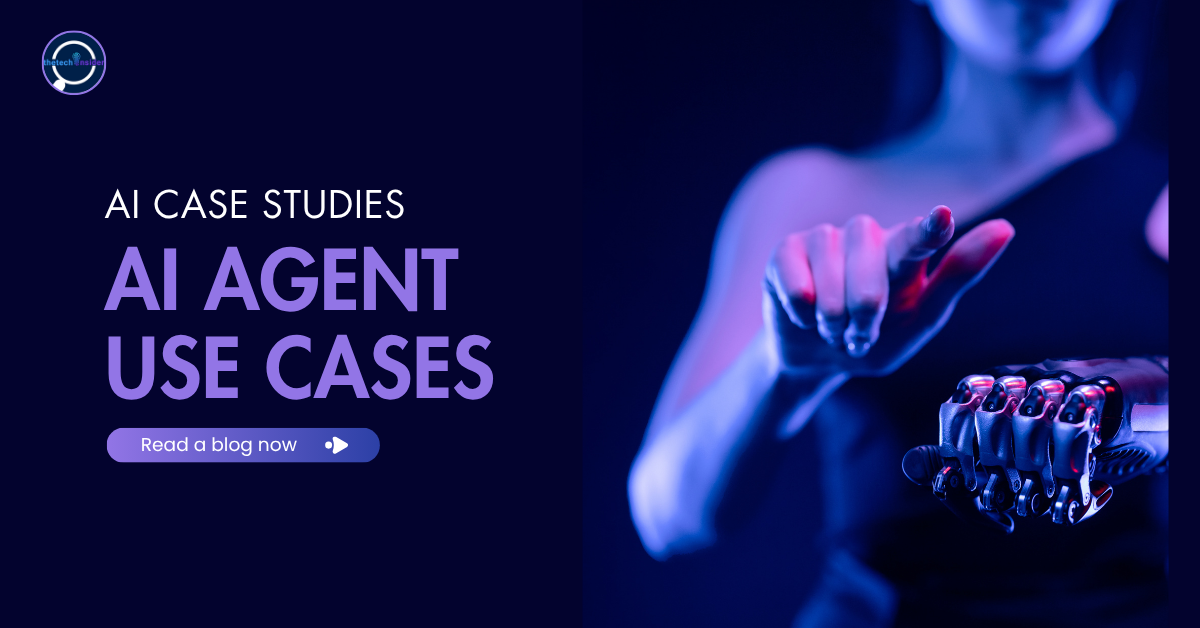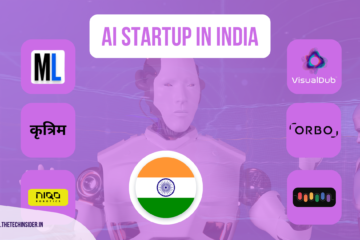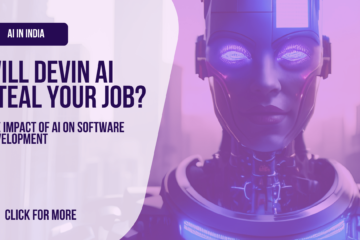Artificial intelligence agents are no longer just a futuristic concept; they’re here, driving real change across every sector imaginable. From automating repetitive tasks to solving complex business challenges, AI agents are delivering measurable results for companies large and small. In this post, we’ll dive into the most impactful AI agent use cases, spotlight real-world case studies, and reveal how your business can harness these innovations for growth and efficiency.
Table of Contents
What Are AI Agents?
AI agents are intelligent systems designed to operate autonomously, make decisions, and perform tasks without constant human intervention. They are characterized by autonomy, reactivity, proactivity, and social ability, as defined in foundational research by Russell and Norvig. Modern AI agents leverage advanced algorithms, machine learning, and large language models to tackle complex challenges across domains.
Industry-Leading AI Agent Use Cases: Where Are They Making a Difference?
- Marketing and Content Creation: AI agents are revolutionizing marketing by automating content production, optimizing SEO, and monitoring campaign performance. For example, advanced tools can generate hundreds of blog posts, analyze keyword trends, and recommend content improvements, leading to dramatic increases in organic traffic and engagement.
- Healthcare: In healthcare, AI agents streamline patient data management, automate diagnostics, and assist clinicians with administrative tasks. Leading hospitals have reported significant time and cost savings, as well as improved patient outcomes, thanks to AI-driven automation.
- Customer Service: AI-powered chatbots and virtual assistants provide round-the-clock support, resolve common queries, and escalate complex issues to human agents. Companies leveraging these solutions have seen boosts in customer satisfaction and operational efficiency.
- Sales and Retail: AI agents optimize sales forecasting, personalize customer interactions, and reduce cart abandonment. Retailers like Kohl’s have experienced double-digit sales increases and notable drops in cart abandonment rates after deploying AI sales agents.
- Finance and Legal: In finance, AI agents detect fraud, manage portfolios, and automate compliance processes. Legal teams use AI to draft contracts, assess risk, and streamline research, freeing up time for higher-value work.
- Supply Chain and Manufacturing: AI agents predict maintenance needs, optimize inventory, and automate logistics. Manufacturers report reduced downtime, lower costs, and improved product quality thanks to AI-driven insights.
AI Agent Useful Case Study: Real-World Impact
1. Kohl’s: Boosting Sales and Reducing Cart Abandonment
Kohl’s faced high cart abandonment and a surge in IT queries. By implementing an AI sales agent, the company automated customer interactions, analyzed user behavior, and suggested personalized deals. The results? A 20% drop in cart abandonment, a 14% increase in sales, and a 35% reduction in IT queries.
2. Mayo Clinic: Streamlining Healthcare Administration
Doctors at Mayo Clinic spent up to 10 hours per week on administrative tasks. An AI assistant was introduced to pull patient records, summarize cases, and flag urgent issues. The outcome: a 40% reduction in admin time, 12% more patients seen, and annual savings of $10 million.
3. Dell: Accelerating R&D and Innovation
Dell’s R&D team was overwhelmed by data overload. An AI web agent was deployed to scan thousands of data points daily, delivering trend reports and actionable insights. The result: a 38% reduction in research time, launches accelerated by three months, and annual savings of $15 million.
How AI Agents Elevate SEO and Digital Marketing
AI agents are transforming SEO by automating keyword research, content optimization, and competitor analysis. Businesses using these tools report higher rankings, increased organic traffic, and improved user engagement. To ensure content quality and trustworthiness, it’s essential to combine AI-generated insights with expert editorial oversight—a practice we prioritize at TheTechInsider.
Best Practices for Implementing AI Agents in Your Business
- Define Clear Objectives: Identify the specific challenges you want AI agents to address.
- Choose the Right Platform: Select solutions that integrate seamlessly with your existing systems.
- Ensure Data Quality: High-quality, accurate data is critical for effective AI performance.
- Monitor and Iterate: Continuously track results and refine your approach based on real-world outcomes.
- Prioritize Transparency: Implement robust oversight to ensure ethical and responsible AI use.
The Future of AI Agent Use Cases
As AI agents continue to evolve, their applications will expand into new industries and use cases. Businesses that embrace these technologies—and pair them with expert oversight and best practices will gain a significant competitive edge. From automating routine tasks to solving complex problems, AI agents are set to redefine what’s possible in the digital age.
Frequently Asked Questions
How do AI agents handle data privacy and security?
AI agents are designed with robust security protocols, including encryption and access controls, to protect sensitive data and comply with regulations like GDPR and HIPAA.
What technology powers AI agents?
AI agents typically use machine learning, natural language processing, and sometimes reinforcement learning to understand, act, and improve over time.
Can AI agents work with other software systems?
Yes, most modern AI agents integrate smoothly with popular business software, CRM platforms, and databases using APIs and connectors.
Are AI agents expensive to implement?
Implementation costs vary, but cloud-based AI agents and SaaS solutions have made adoption affordable for businesses of all sizes.
How quickly can a business see results after deploying an AI agent?
Many organizations start seeing measurable improvements, such as reduced wait times or increased efficiency, within weeks to a few months of deployment.




